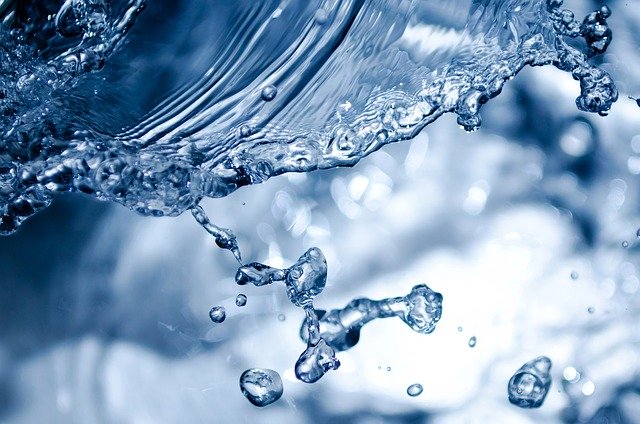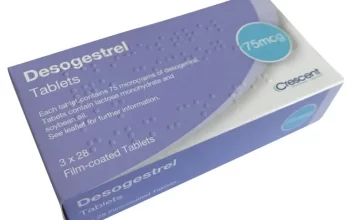Have you ever noticed that your towels feel stiff, and your skin feels dull? Have you ever wondered why your appliances have a shorter lifespan? If all of these questions are stuck in your mind, chances are you are having a hard water problem. Hard water is an issue that affects most North American homes, and the best way to get rid of it is a water softener.
Hard water is full of minerals, and because of its consistency, it can scale surfaces such as bathtubs or sinks, making it difficult to clean your house properly. Also, hard water is bad for your hair and skin health. When you purchase a water softener, you will have higher water quality, and all these problems will disappear.
Even when all this might sound amazing, before purchasing this water filtration system, you need to know how to choose a water softener according to factors such as water hardness, home size, and type regeneration, among others. Below we will give you a complete water softener buying guide.
How a Water Softener Works
Like with any appliance you purchase for your home, you first need to understand how it works. If you are new to the world of water softeners, you probably know these water filters eliminate the minerals that produce hardness in the water. However, the whole process is not that simple.
Your water softener usually has two units. When reviewed one of the softener brands, you will get a better understanding. One that has the resin beds and the other is your brine tank. Both of them can also be inside a single unit. When installed, this filtration system will be connected to your home pipes and clean all the incoming water. You can also decide if you only want hot water to go through your water softener.
Water Softener Function Process
The water comes through your pipes and goes into your first tank, where the resin beds will take all the harmful minerals out of the water. Then your water softener releases soft water to your home. Because the resin beds trap all those minerals, they will be full after some time and will need to undergo a regeneration process. Here the brine solution of your second tank will wipe clean the resin beds. After regeneration, your water softener will be ready to produce soft water again.
Water Softener Buying Guide
Here we will tell you how to choose a water softener for your home. There are a couple of things you need to consider before deciding which one is the best water softener to purchase.
Water Hardness
Grains-per-gallon (GPG) is the standard measure for water hardness. There is not an overall hardness level in the water, depending on where you live, the water hardness could be low or very hard. The best way to find out which one is the water hardness in your area is either buying a test kit or calling your municipality.
Some municipalities measure water hardness in other units such as milligrams (mg). You can easily convert these units into GPG with this simple rule.
1 GPG = 17.1 mg
Knowing your water hardness is important because you will use this number to determine which water softener size is ideal for your home.
Water Softener Size
When you are asking, “what kind of softener do I need?” an essential element you need to consider is size. Most water softeners measure capacity according to grain, which means how many grains it can remove in a day. These grains refer to minerals such as calcium and magnesium.
Then what kind of water softener do I need when talking about size? It is a straightforward mathematical calculation.
- Number of people in your home x Number of gallons per day (for a standard home, this is usually 80 gallons per person)
- Result 1 x Your water hardness (This refers to the water hardness in your area which is measured in GPG)
Then the number you obtain is the capacity of water softener you will need. The majority of regular households, where there are four people, will need a 33,000-grain water softener. If you live in a smaller house with 2 to 3 people, a low capacity water softener will do the job.
If you still have questions about finding out the correct size for your water softener, here is an article with a complete guide where you can read more about this topic.
Regeneration and Salt Usage
The last step into our water softener buying guide is looking into the regeneration process, and how it affects the amount of salt you will need for your water softener.
As explained before, the regeneration process occurs when your water softener’s resin beds are full of trapped minerals. Here the salt in your brine tank will combine with the water coming through your plumbing, cleaning your resin beds. Regeneration will not damage your septic system.
This process typically takes 90 minutes. In this regard, there are two kinds of water softeners.
- Time-programmed
This is an excellent option because after it is set, it will keep the same schedule. We recommend you leave this to the professional installing it at your home. Otherwise, you could waste a lot of water during regeneration, not knowing if your resin beds are already full.
- On-demand
Here the water softener will keep track of how much water you are consuming, and once the resin beds are full, it will start regeneration automatically.
Then how much salt your water softener will need, depends on how many times it will regenerate, how many resin beds it has to clean, and your water filtration system’s capacity. If your area’s water’s hardness is high, you can expect to spend 80-120 pounds of salt. These salt bags you can purchase in packs of 40 pounds.
What Kind of Softener Do I Need? Conclusion
When you are wondering how to choose a water softener for your home, you only have to go through our water softener buying guide, and you will know everything you need to before making a purchase.
As a final note, we want to highlight other things you need to keep in mind.
- You will need a power cord. Don’t worry, a water softener doesn’t use much electricity, but it needs it.
- Have drain tubing since your water softener will use it.
- Make sure to have enough tubs to connect your filter to the plumbing.
That’s it! Now you can find the perfect water softener for your home.
Related Posts












